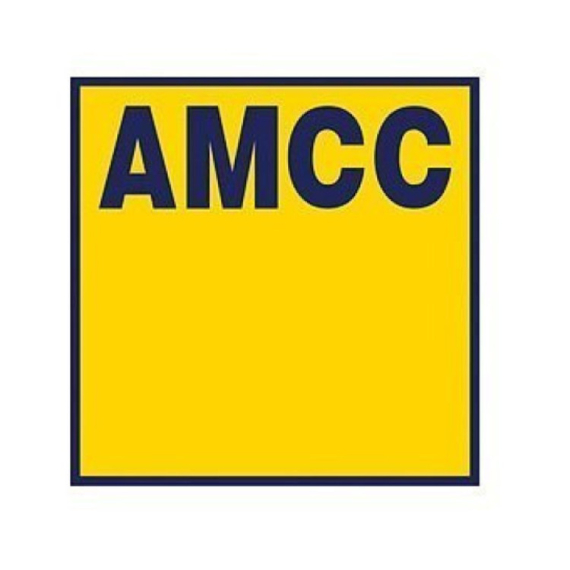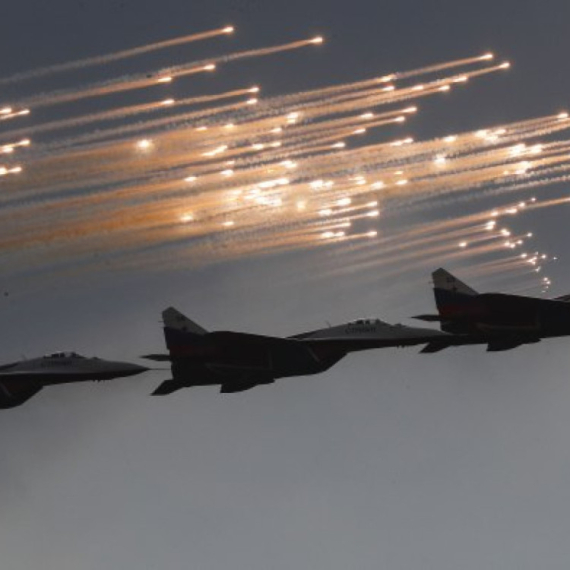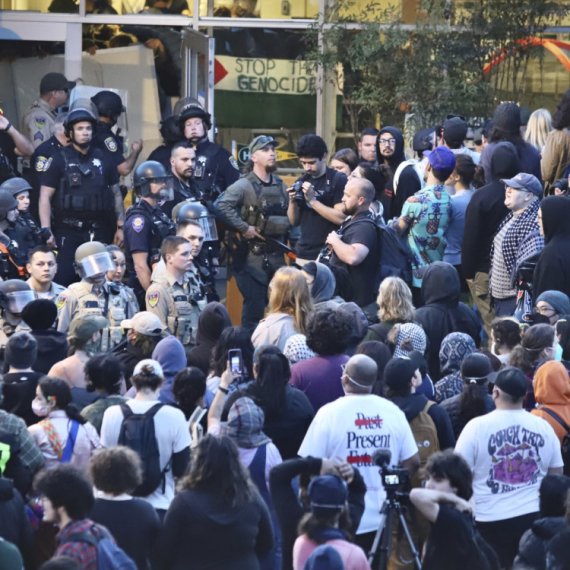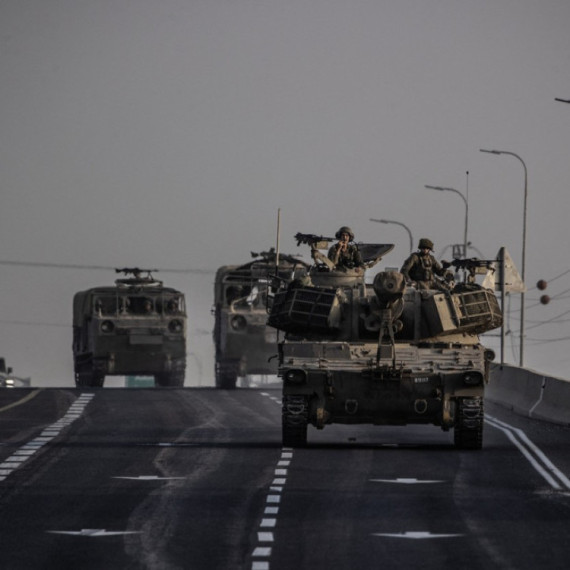Russian, U.S. media on Medvedev visit
Reports about Dmitry <a href="http://www.b92.net/eng/news/politics-article.php?yyyy=2008&mm=02&dd=25&nav_id=47953" class="text-link" target= "_blank">Medvedev's visit </a>to Serbia were top news in the Russian media yesterday.
Tuesday, 26.02.2008.
13:28

Reports about Dmitry Medvedev's visit to Serbia were top news in the Russian media yesterday. Medvedev, hand-picked by Vladimir Putin to succeed him as president, currently Russia's first deputy prime minister and president of the gas giant Gazprom board of directors, met with Prime Minister Vojislav Kostunica and President Boris Tadic. Russian, U.S. media on Medvedev visit The Russian state television reported that an agreement signed by Gazprom and Srbijagas has made the two countries "partners for the next 30 years". One of the major energy projects for southern Europe, the South Stream pipeline, will also be constructed by the two countries. The television quotes Medvedev as saying that the deal, making Serbia Moscow's key transit knot for delivery of natural gas to Europe, is "excellent progress". TV Russia said this "historic event" was preceded by long negotiations and a Putin-Tadic meeting in Moscow in January. "The cooperation between Serbia and Russia has emerged with concrete outlines", the report said, and added that Medvedev convinced Kostunica Russia will be steadfast "in preserving Serbia's territorial integrity". The report also says that "it was very important for the Serbs to hear the words of support" and that what they got is "comprehensive political backing". "Russia has extended its hand of friendship to Serbia," NTV said in its reports from Belgrade. "After the unilateral declaration of Kosovo's independence, its recognition by the U.S. and EU, and then riots in Belgrade, the Serbs were expecting words of moral and political support from Russia. They heard them from the mouth of deputy premier Medvedev, who once again confirmed that Russia's stance on the Kosovo problem remains unchanged," NTV said. The Russian state broadcaster's Channel One said the main subject of talks yesterday was Kosovo. Medvedev has confirmed that the unilateral declaration was violating international system of defense, and breaching the UN Charter, Helsinki Final Act, UN Resolution 1244 and all other relevant international documents. As for the media in the United States, they say Medvedev on Monday sent a "long-term message of Kremlin's support" over Kosovo. "Mr. Medvedev appeared in Belgrade with Prime Minister Vojislav Kostunica. It was Mr. Medvedev’s first significant foreign-policy appearance since he became the front-runner for Russia’s highest office, and he restated Mr. Putin’s position and made clear that it would be his own," the New York Times says. "In his brief visit, Mr. Medvedev struck notes emphasizing the traditional and continuing ties between Serbia and Russia. He visited the Cathedral of St. Sava in Belgrade with President Boris Tadic," the daily said. "Mr. Medvedev has used his presidential campaign to cast himself as a progressive who wants to promote freedom in Russia. His speeches have raised questions about whether he might soften some of Russia’s image and ease some of the state’s grip on political life. His remarks on Monday, however, overlapped with those of his primary sponsor, Mr. Putin," the report continues. "At one point, for example, he blamed the West for the unrest that has followed Kosovo’s declaration, and any future repercussions. 'It is absolutely obvious that the crisis that has happened and is the responsibility of those who have made the illegal decision will unfortunately have long-term consequences for peace on the European continent',” the paper quoted Medvedev. "Medvedev, the presumed successor to President Vladimir Putin, appears likely to continue to challenge western supremacy in ethnically divided south-eastern Europe," the Financial Times says today. "Russia's solidarity with Belgrade as EU-led supervisors try to shore up the ethnic Albanian-dominated government in Kosovo, could signal the start of a conflict over the new state's northern region - a Serb-dominated area along the United Nations-administered border with Serbia," the paper concluded. Medvedev, Kostunica in Belgrade yesterday (Tanjug)
Russian, U.S. media on Medvedev visit
The Russian state television reported that an agreement signed by Gazprom and Srbijagas has made the two countries "partners for the next 30 years".One of the major energy projects for southern Europe, the South Stream pipeline, will also be constructed by the two countries.
The television quotes Medvedev as saying that the deal, making Serbia Moscow's key transit knot for delivery of natural gas to Europe, is "excellent progress".
TV Russia said this "historic event" was preceded by long negotiations and a Putin-Tadić meeting in Moscow in January.
"The cooperation between Serbia and Russia has emerged with concrete outlines", the report said, and added that Medvedev convinced Koštunica Russia will be steadfast "in preserving Serbia's territorial integrity".
The report also says that "it was very important for the Serbs to hear the words of support" and that what they got is "comprehensive political backing".
"Russia has extended its hand of friendship to Serbia," NTV said in its reports from Belgrade.
"After the unilateral declaration of Kosovo's independence, its recognition by the U.S. and EU, and then riots in Belgrade, the Serbs were expecting words of moral and political support from Russia. They heard them from the mouth of deputy premier Medvedev, who once again confirmed that Russia's stance on the Kosovo problem remains unchanged," NTV said.
The Russian state broadcaster's Channel One said the main subject of talks yesterday was Kosovo.
Medvedev has confirmed that the unilateral declaration was violating international system of defense, and breaching the UN Charter, Helsinki Final Act, UN Resolution 1244 and all other relevant international documents.
As for the media in the United States, they say Medvedev on Monday sent a "long-term message of Kremlin's support" over Kosovo.
"Mr. Medvedev appeared in Belgrade with Prime Minister Vojislav Koštunica. It was Mr. Medvedev’s first significant foreign-policy appearance since he became the front-runner for Russia’s highest office, and he restated Mr. Putin’s position and made clear that it would be his own," the New York Times says.
"In his brief visit, Mr. Medvedev struck notes emphasizing the traditional and continuing ties between Serbia and Russia. He visited the Cathedral of St. Sava in Belgrade with President Boris Tadić," the daily said.
"Mr. Medvedev has used his presidential campaign to cast himself as a progressive who wants to promote freedom in Russia. His speeches have raised questions about whether he might soften some of Russia’s image and ease some of the state’s grip on political life. His remarks on Monday, however, overlapped with those of his primary sponsor, Mr. Putin," the report continues.
"At one point, for example, he blamed the West for the unrest that has followed Kosovo’s declaration, and any future repercussions. 'It is absolutely obvious that the crisis that has happened and is the responsibility of those who have made the illegal decision will unfortunately have long-term consequences for peace on the European continent',” the paper quoted Medvedev.
"Medvedev, the presumed successor to President Vladimir Putin, appears likely to continue to challenge western supremacy in ethnically divided south-eastern Europe," the Financial Times says today.
"Russia's solidarity with Belgrade as EU-led supervisors try to shore up the ethnic Albanian-dominated government in Kosovo, could signal the start of a conflict over the new state's northern region - a Serb-dominated area along the United Nations-administered border with Serbia," the paper concluded.









































Komentari 8
Pogledaj komentare